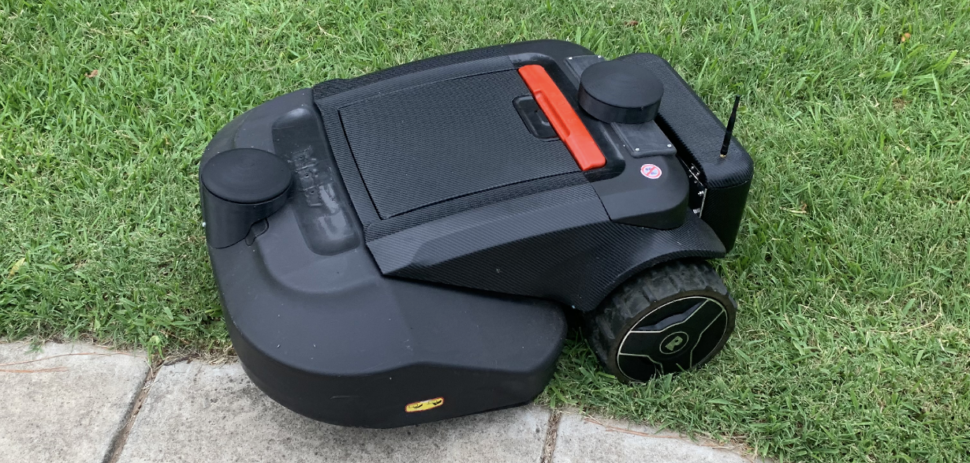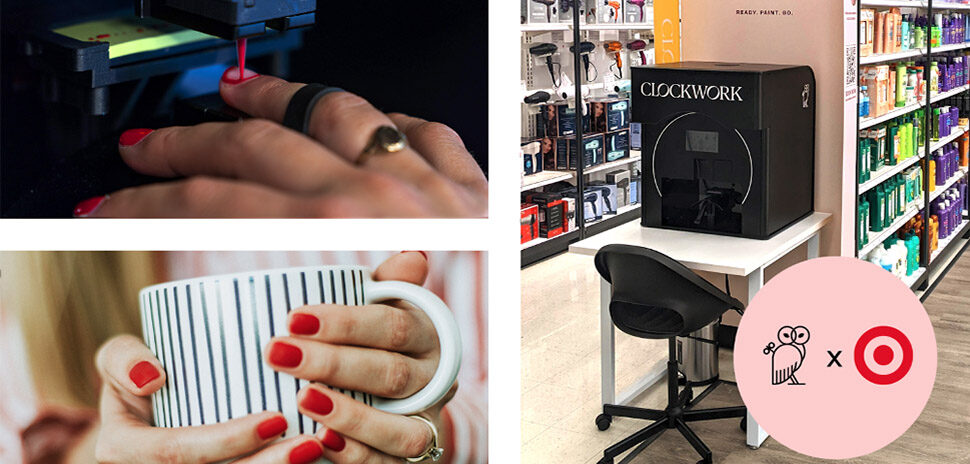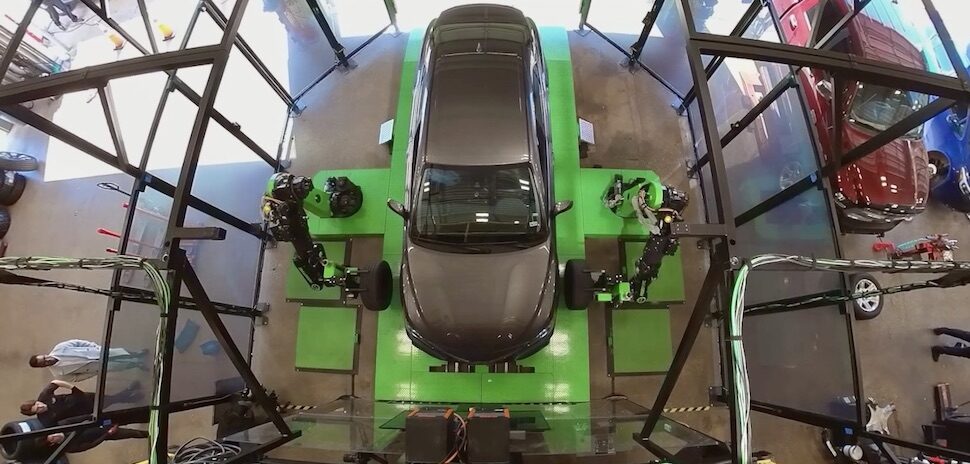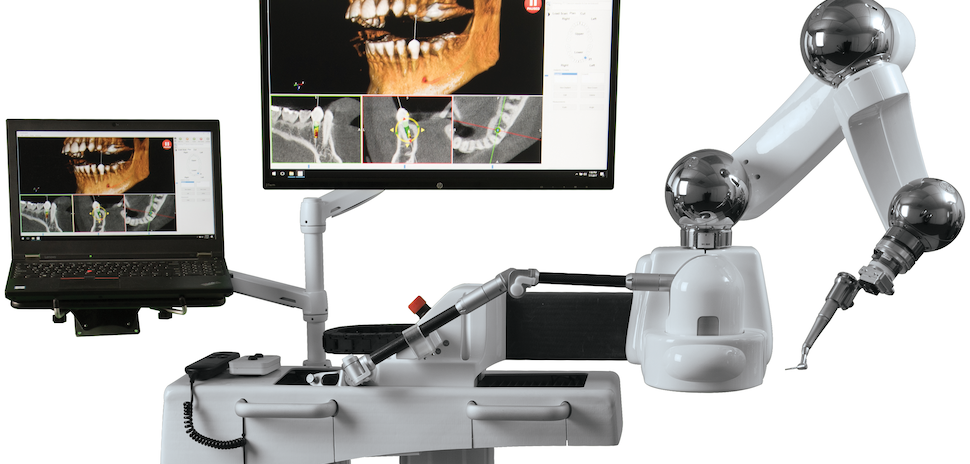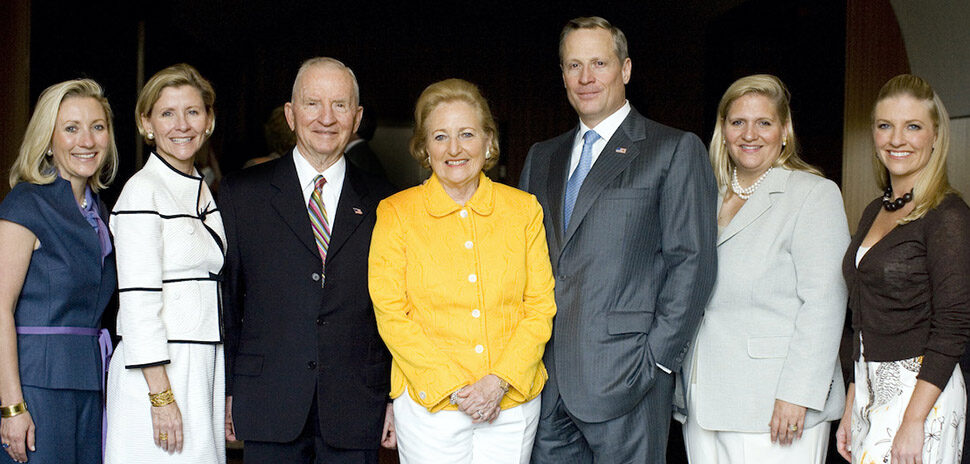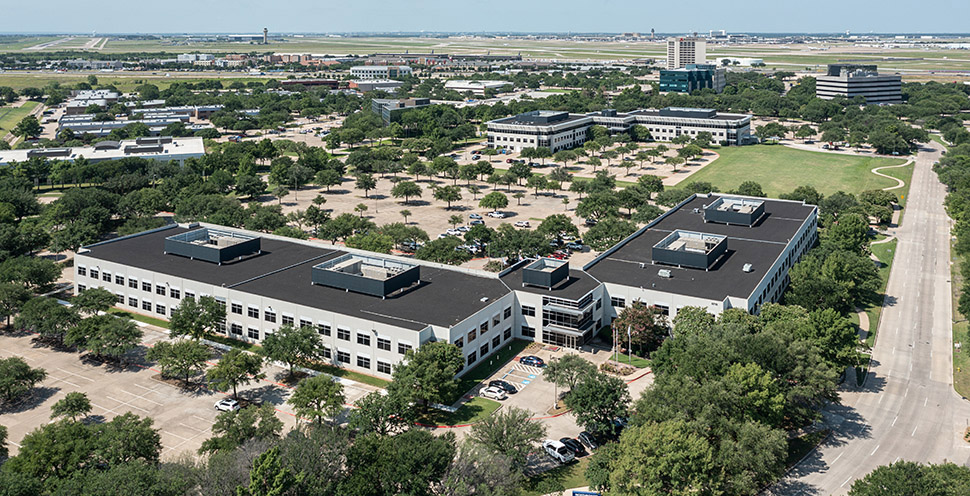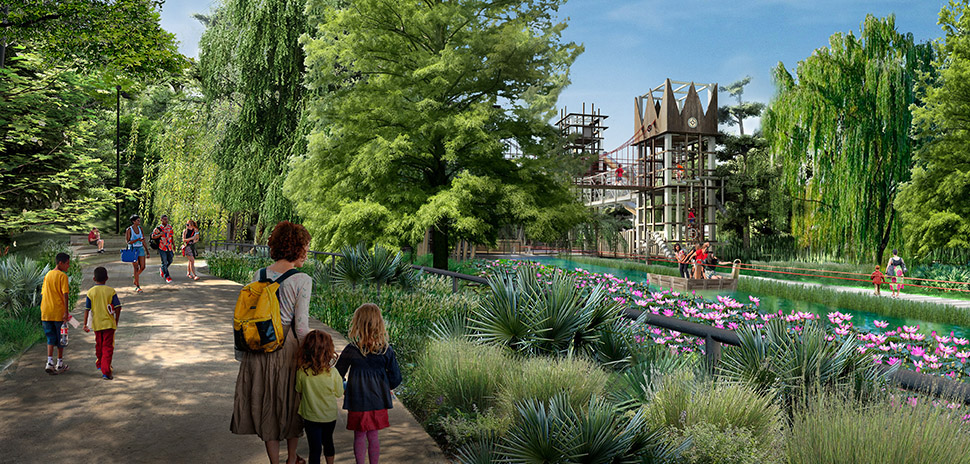Homes and businesses across North Texas rely on landscaping companies to mow their lawns. Typically, a pickup truck with multiple workers rolls up and the mowing-and-blowing begins. But a tight labor market has made it hard for some companies to keep those pickup cabs full. Now a Dallas-based startup has launched to solve that—with an eco-friendly robot that can be dropped off to do the mowing on its own.
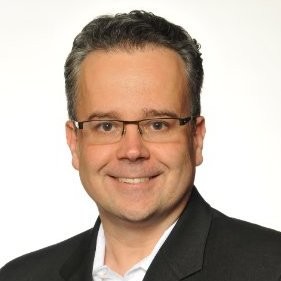
Brad Bush, CEO of Sensori Robotics
Sensori Robotics launched out of stealth last week after three years of research and development. Its electric robot mower is “in fully demonstrable beta stage and will be ready for limited trials in the North Texas area early this summer,” the company says.
The company was founded by Ross and David Melbourne, two brothers who grew up together in the U.K., tinkering with and building things along the way. The brothers have lived and worked in the U.S. for 30 years and now live in Texas. They recently hired Brad Bush—a veteran leader of Dallas-area tech companies for 25 years—as Sensori’s CEO.
“Our goal is to have several mowers successfully cutting lawns for landscapers by the fall,” Bush told Dallas Innovates. “We want to validate that our mowers and our service meet the needs of landscapers and if there are other features to add before we go into full production later this year.”
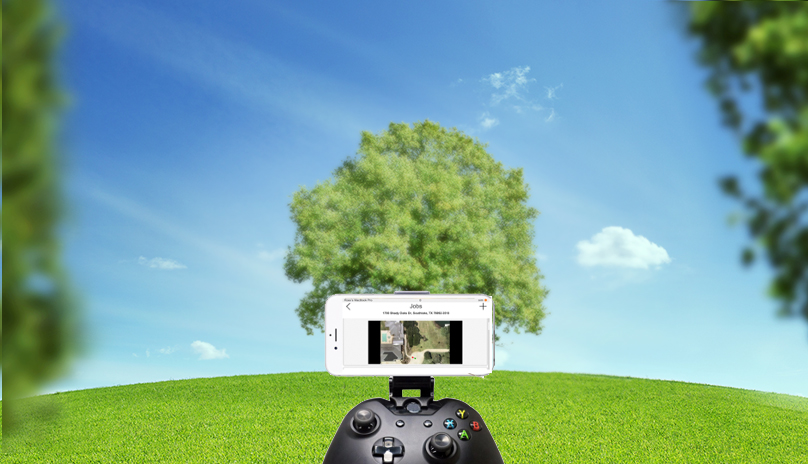
Sensori Robotics uses a joystick controller and app to map the perimeter of a lawn. [Credits: Sensori Robotics controller; Illustration: Istockphoto, DI Studio]
‘Location-aware’ robot uses AI to ‘mow any lawn anywhere’
Sensori’s small, location-aware robot operates on cloud-based software, using patent-pending, AI-based location methodologies that can “mow any lawn anywhere,” including under trees and near buildings, the startup says.
Bush told us that unlike rival robot mowers that mow lawns randomly, the Sensori mower’s algorithm delivers rigorous efficiency.
“After a one-time setup to map the property, a landscaper will drop off a Sensori robot mower on a customer’s site and press play on the mobile application,” Bush explained. “The app will tell the landscaper when to come back and pick up the robot to move to the next customer site. We’re different than the competition because of this algorithm. It allows the mowers to be very efficient in striping patterns while still being accurate under trees and around buildings.”
Aiming to ‘transform the landscaping industry’ with AI and robotics
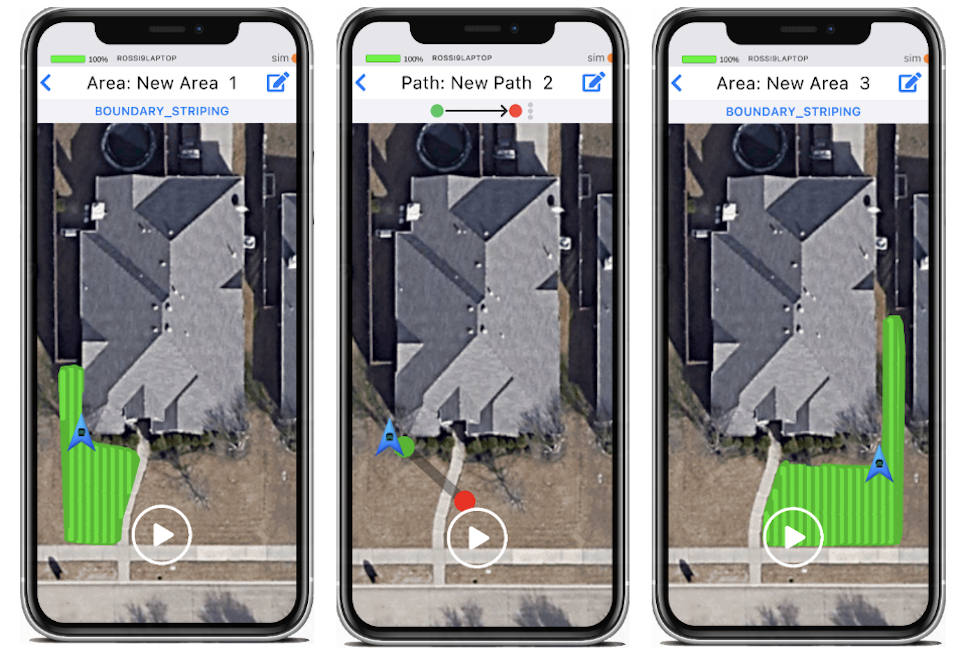
The Sensori Robotics app helps landscapers map a property in a one-time setup. Then in the future, they just have to drop it off and pick it back up when it’s done. [Images: Sensori]
Recently, the world has focused on the disruptive impact of AI through products like ChatGPT. But Sensori co-founder Ross Melbourne says that AI will soon touch our lives in increasingly real-world ways.
And it will literally happen in our own backyards.
“Artificial Intelligence and robotics have finally reached a point where we can produce great solutions to real-world human problems like lawn care,” Melbourne said in a statement. “Sensori’s robotic mowers offer a range of benefits to both landscapers and customers, including reduced environmental impact, lower costs, and increased capacity. We have the potential to transform the landscaping industry.”
To create Sensori’s robot mowers, Bush told us that Ross Melbourne “has bought commercial robots and changed out the software.”
“David and Ross have both worked with and around current lawn mowing robots, including owning several, and developed some great ideas on how to improve the current solutions,” Bush added. “Our methodology for mowing is patent-pending.”
No gas engine polluting, quieter mowing for the neighborhood
Environmental benefits of the Sensori mower are two-fold, the company says. First, since it runs on a replaceable electric battery, it’s not spewing gasoline exhaust and carbon into the air. It also runs quieter than a gas mower, reducing noise pollution in the neighborhood.
Bush says Dallas-Fort Worth is an ideal place for Sensori’s launch.
“North Texas is a great region to work on technology for the lawn care business as there are many different types of grasses and a long growing/cutting season,” he said, adding that “We hope that many of our trial and early customers will be Dallas-based businesses.”
Landscapers can ‘reallocate’ their teams to ‘higher value tasks’
According to Bush, Sensori doesn’t intend for its mowers to fully replace landscaping teams, since their sole focus is mowing grass. Teams still have other tasks to be performed like edging, leaf-blowing, shrub and tree-trimming, etc.
“For landscapers, the robot mowers provide a much-needed relief for an extremely tight labor shortage,” Bush said. “They can reallocate their scarce labor to higher value tasks.”
Raising first external funding this year to fund robot production
Currently supported by private funding, Sensori’s goal this year is “to gain market acceptance and raise our first round of external capital,” Bush said. “This will enable us to fund production for the robots later in the year.”
Bush will help the co-founders navigate that process with plenty of applicable experience. A former chief commercial officer at Dallas-based hospital tech firm Enseo, he has experience in products that have both software and hardware components, as well as strategic positioning and M&A.
Since 2016, Bush been a senior partner in the Dallas office of Fortium Partners, an IT turnaround and technology services firm, focused on “interim and fractional COO, CIO and CTO positions” for tech companies. He’s also done mentoring at the Addison Treehouse, which is now part of The DEC, and is a member of local IoT meetups.
Planning to sell the robots directly to landscapers or dealers
To market and distribute its robot mowers in the U.S., Sensori aims to deploy a sales-based strategy.
“We plan to sell direct to landscapers or via dealer partners,” Bush said. “We believe the robots will be so easy to use and maintain they can be supported directly.”
Sensori Robotics says it’s now receiving reservations for trial customers in the Dallas-Fort Worth area through its website.
![]()
Get on the list.
Dallas Innovates, every day.
Sign up to keep your eye on what’s new and next in Dallas-Fort Worth, every day.










